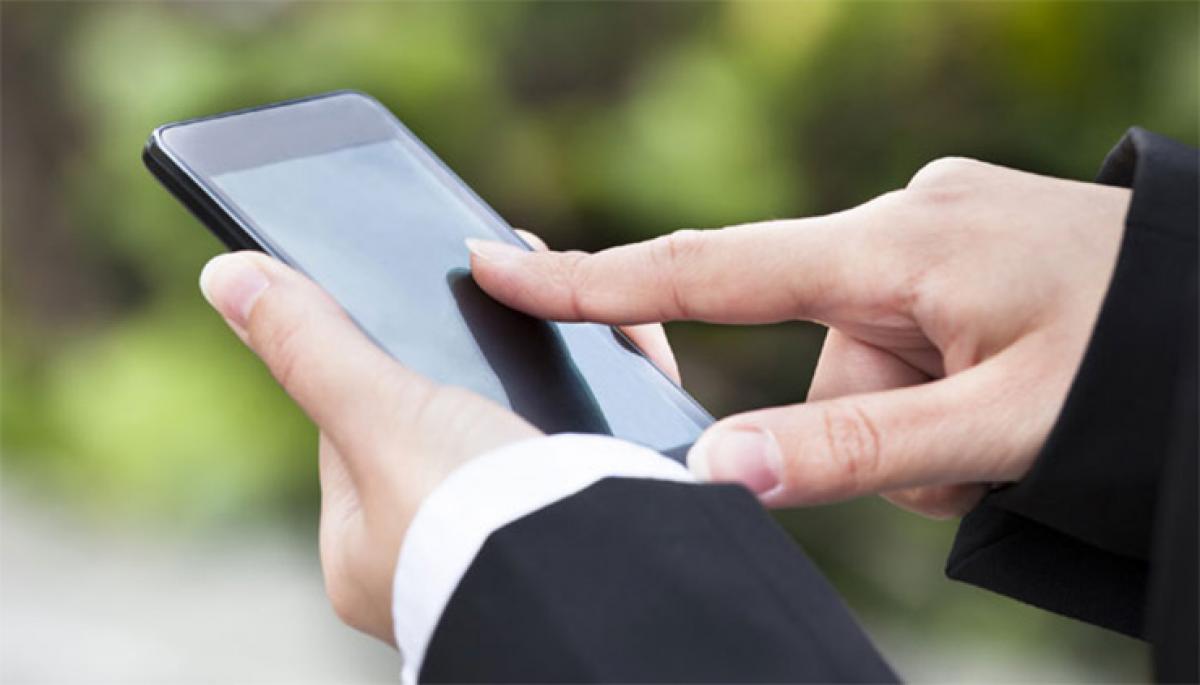Kaspersky Lab Survey in India: Smartphone addiction cause digital amnesia

Kaspersky Lab Survey In India: Smartphone Addiction Cause Digital Amnesia. In today’s age, there should be no reason for you not to know about anything under the sun. Google has changed the way we gather information and it has vastly reduced the need for physical books and libraries.
In today’s age, there should be no reason for you not to know about anything under the sun. Google has changed the way we gather information and it has vastly reduced the need for physical books and libraries. The same can be said about physical communication whose face changed dramatically with the advent of Facebook.
.jpg)
While everyone thought online shopping would simply be an alternative to physical shopping, it is now on the verge of being deemed the only way to shop.
The list goes on, and the digital versions of our once entirely physical lives is stored in a remarkable device called the ‘smart phone’. The only problem is, we’ve transferred most of our brain’s memory responsibilities over to our phones and that’s worth worrying about.
Mr. Altaf Halde, Managing Director - South Asia, Kaspersky Lab said, "Digital amnesia should not be taken lightly. Yes, a smart phone has become almost necessity for anyone who lives in today's society and it's an essential professional and personal tool for communication. However, it is very important to limit ones dependency on it primarily because of its addictive properties. The mind is a muscle and it if it's not used for the reasons it was made, it will become lazy."
Kaspersky Lab conducted a research between 23/06/2015 and 02/07/2015 with a total of 1007 adults in India, that illustrates some truly shocking facts about the reliance on smart-phones amongst the Indian population. Now, although 7 out of 10 people could recall their partner’s/spouse’s phone numbers without any help from their phones, only 2 out of 10 could recall their child’s school’s contact number.
The trend of smart phone dependency seems to decrease as the age of the test group increased. That’s because smart phones have not been around for long enough to influence a 55 year old man/woman the same way it’s influencing a teenager. It also highlights the future for Indians, because reliance on smart phones is only going to get more and more severe.
Furthermore, 50% of the survey group treats the internet as an extension of their brain, and since 73% of them use their smart phones to connect to the internet, you can see how misplacing a phone can be a cause for serious concern amongst most Indians. Memory is first to get effected and since digital communication has become incredibly high with websites like Linkedin and Twitter, our minds can’t possibly store so much of information without some help.
It seems very clear that this is not just a topic of reliance but rather something more severe, an addiction. It’s an addiction to the digital world that has managed to engulf us so strongly, that our own minds are beginning to work more like Google and less like a human being. Almost 50% of Indians aren’t interested in remembering facts as much as they are interested in remembering the source for the facts (i.e. Google). The same can be said about the camera on a smart phone, that is slowly beginning to do more work than our own eyes, when it comes to storing human experiences.
It has reached a point where your own smart phone has applications that can help the user take some time off from the digital world. It is said that a week away from the Internet and smart phones is all your body needs to tune back into the frequencies of nature, sort of like a ‘digital detox’. Back in the 90s, there was no need for this kind of rehabilitation and unfortunately, as we go further into the future, a week of detox will not be sufficient.














